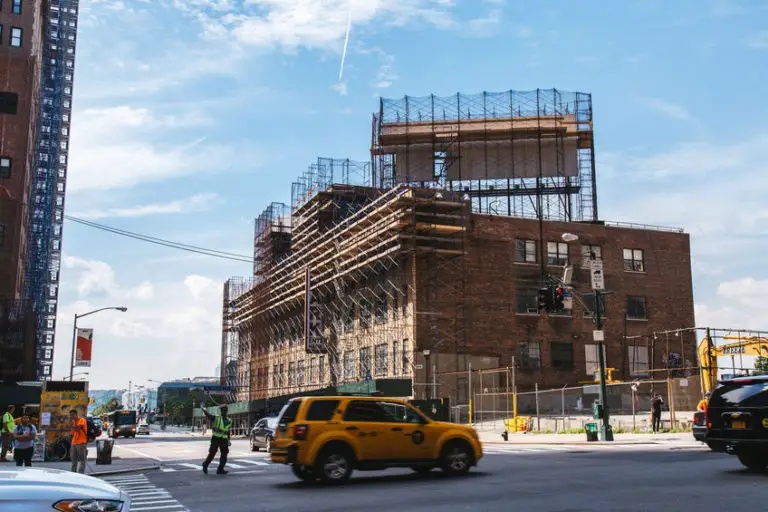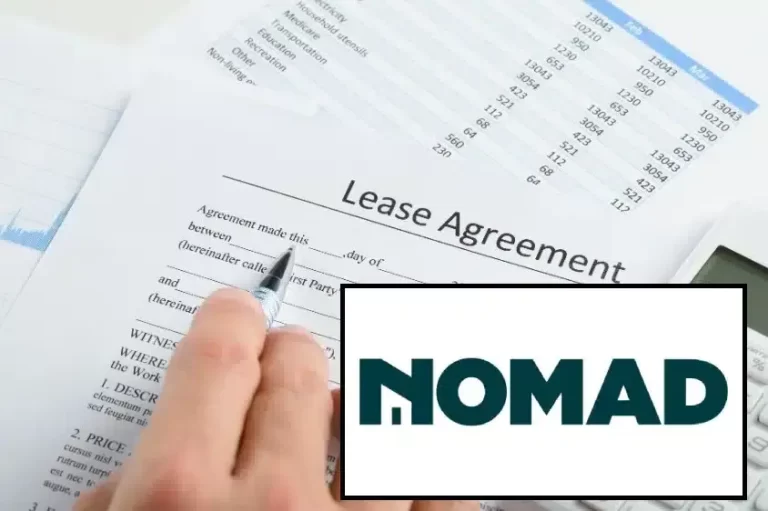Make Money by Legally Breaking Out of Rent Control
Rent control is immoral and unAmerican. It is legalized theft conducted by unprincipled politicians in order to gain favor with a select group of renters at the expense of property owners, other renters, local municipalities, businesses, and society as a whole. It should never have been allowed in any form because it violates the Takings Clause which is part of the Fifth Amendment of the United States Constitution:
Private property [shall not] be taken for public use, without just compensation.
That being said, unless you want to go to jail or face fines, you can’t just choose not to follow this immoral law. On the other hand, you can rationally choose not to buy or develop a property that is or might be affected by rent control. Which is exactly why rent control — which is designed to address the seemingly omnipresent “affordable housing crisis” — does nothing but exacerbate the problem. Why build a 100 unit apartment complex when your expenses to operate the building can go up an uncapped amount, while rent increases are arbitrarily and severely capped? It makes no sense. So while some existing renters may benefit by receiving a rent that is always below market, the scarcity that rent control creates makes it worse for everyone else, especially new, young renters that cannot find any place to rent. The scarcity is exacerbated by locking existing renters into their current apartment or house, even if they don’t need as much space anymore or could benefit from moving closer to their job, etc.
The lack of supply does not just hurt new renters. It hurts homeowners in that they have to pay more to buy a house because the supply of housing is artificially depressed relative to demand. It also hurts local municipalities as the value of an apartment building will be depressed due to rent control. As the net income from the apartment building goes down each year, the property taxes collected will also go down (the building owner has the right to protest if it does not, and they will win when they demonstrate the decrease when using the income approach to appraisal). With no chance to earn any investment return on improving the building, the building owner will do the bare minimum of maintenance to keep the doors open. That will hurt the economy as building tradesman end up with fewer jobs like carpeting, painting, and plumbing upgrades. At some point, if a Class C or D property stops throwing off any income at all, the property will be foreclosed or abandoned. So on top of further decreasing supply of housing, there is a pretty good chance that the abandoned eyesore of a building will bring with it vandalism and other criminal activity.
Buying a property under rent control with the intent of continuing to operate it as a rental is generally pretty stupid. Even if you can buy it so cheap as to generate a modest initial return, you are setting yourself up down the path of destruction as your expenses go up much higher than the rent each year. The way you make money (and fight tyranny) on rent controlled units is to buy them at a depressed value and then legally break from rent control. This usually means converting them into For Sale units (houses or condos). If the land is valuable enough, it might also mean demolishing them then selling the land or developing house(s) or condos For Sale. In Los Angeles, for instance, the Rent Stabilization Ordinance does allow a landlord to remove units from the rent controlled market if he plans on demolishing them or existing the landlord business altogether and never renting the units again (“Ellis Act“). It is a complicated process and does involve various notices to be given and “relocation payments” or what some call government-required bribes to be paid to the renters. On top of demolition and never renting the units again, there is often a provision for owner move-in. In some cases, this can mean moving in members of not only the owner’s immediate family, but of extended family into two or more units in the same building.
Every municipality is different and tenants will generally fight you every step of the way. In cities like San Francisco, rent-control beneficiaries like the San Francisco Tenants Union actively try to prevent property owner from leaving rent control and fight to close “loopholes” like converting apartment units into Tenant-in-Common units through a moratorium. Tenants have powerful lawyers behind them and government officials either sympathetic to or afraid of them. There is no easy money in breaking out of rent control, but that is not always a bad thing. If something is difficult but not impossible, then the return on investment is often higher than if something is easy to do. The key is to read the actual ordinance and have your plan in place before you buy the property.






